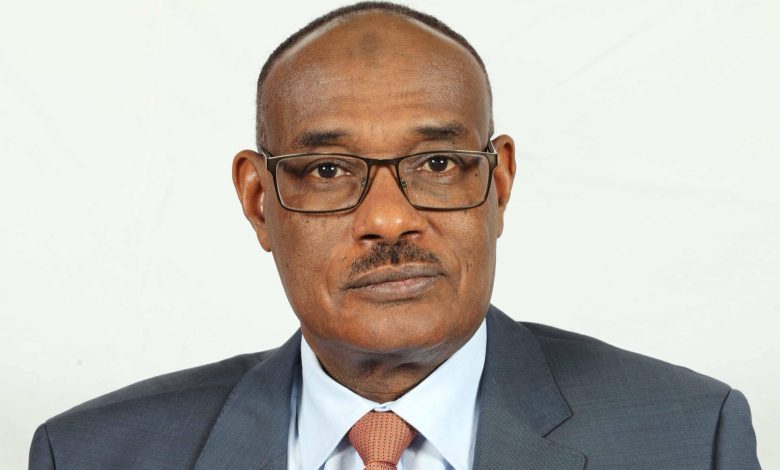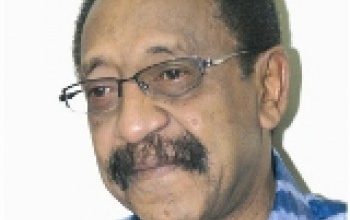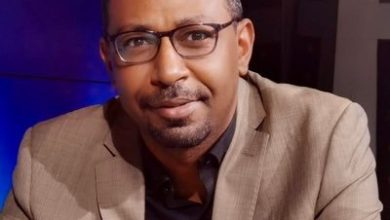Opinion
Sudanese Islamists: Where They Faltered and How They Rise Again (4-6)

Dr. Al-Dirdiri Mohamed Ahmed
(When They Undid Their Thread After It Was Strong)
If a historian, decades or centuries from now, were to identify the historical moment when Sudanese Islamists deviated from the path they had charted, they would likely point to June 30, 1989. This is not a critique of the “Inqadh” (Salvation) regime, which undeniably brought significant benefits to the country. Nor does it imply that Sudanese Islamists hastily overthrew the democratic experiment without consideration of the consequences. However, that day—regardless of the coup’s motives and outcomes—marked their departure from the carefully crafted and methodical approach they had adhered to since the 1960s. This deviation unfolded in three major aspects, with the coup itself being the first.
The motivation behind the June 30, 1989 coup was twofold. On one hand, the Islamists feared the reversal of the move toward implementing Sharia law initiated by Nimeiri in September 1983. On the other, they sensed that their exclusion from the democratic process through military intervention was imminent. After Nimeiri’s fall in April 1985, the military submitted a memorandum on August 18, 1985, demanding the suspension of efforts to replace the controversial September laws. This project aimed to address the excesses and extremism of the original laws while seeking political consensus. The Islamists viewed this memorandum as an unwarranted intrusion by the military into civilian affairs, stalling efforts toward consensus.
Shortly thereafter, in the April 1986 elections, the Islamic Front achieved notable success, securing over 50 seats in the Constituent Assembly. Internal and external forces feared that this victory would lead to the assembly’s approval of alternative Islamic laws. This fear culminated in the signing of the Al-Mirghani/Garang Agreement in Addis Ababa on November 16, 1988, which explicitly called for the repeal of the September 1983 laws. Realizing the external opposition to a democratic process that might reaffirm Islamic laws, coupled with reports of an imminent Baathist coup under Iraq’s influence, the Islamists determined that if military intervention in politics was inevitable, it would be better initiated by them than by their adversaries. Thus, the June 30, 1989 coup was executed.
Before the coup, the Islamists extensively deliberated on how and when to transfer power from the military to civilians post-success. This topic was discussed in over 20 meetings, all attended by Hassan Al-Turabi. They agreed on a transition period of about two years. However, internal and external factors after the coup led to the postponement of this transfer until 1996. Eventually, tensions between the military and Al-Turabi culminated in the split of December 1999.
The post-split rulers missed two opportunities to transfer power to civilians and transition from a coup-driven regime to one of legitimacy and statehood. The first opportunity was provided by the Comprehensive Peace Agreement (CPA) on January 5, 2005, and the second by the National Dialogue initiated on January 27, 2014. However, the coup mentality, which dismissed the principle of civilian power transfer as part of “dismantling the Salvation regime,” squandered both chances.
This shift in mindset led to a fundamental departure from the movement’s established principles. Initially, the Islamists had tied action to reality, evolving their vision based on context. However, post-coup, they attempted to craft an ideological framework resembling a comprehensive doctrine. For instance, in May 1990, during a seminar in Algeria, Al-Turabi presented a vision titled “Priorities for the Islamic Current Over the Next Three Decades,” outlining strategic goals, including Sharia implementation, combating corruption, and enhancing consultation.
Unfortunately, many of these ideological aspirations never gained traction in Khartoum. Instead, terms like “empowerment,” initially aimed at embedding principles in society, transformed into consolidating power within the state apparatus. Similarly, the term “sovereignty” became associated with divine authority in governance, diverging from earlier positions advocating parliamentary supremacy or popular sovereignty.
A particularly notable misstep was the formation of the Popular Arab and Islamic Congress in 1991, an organization transcending national boundaries. While intended to foster Islamic unity, it contradicted the Sudanese Islamists’ earlier rejection of internationalist movements like the Muslim Brotherhood. The Congress, which included dissidents from over 20 countries, provoked international backlash, isolating Sudan diplomatically and economically.
Internally, the movement also abandoned its commitment to modern organizational structures that emphasized institutional leadership over individual authority. After Al-Turabi’s release from prison, decision-making centralized around him, sidelining the movement’s institutions and structures. By 1993, the movement itself was suspended, leaving a void in institutional accountability.
The absence of leadership rotation further weakened the movement, eroding its credibility and institutional integrity. Had the Islamists adhered to internal democratic practices, setting an example of leadership transition within their ranks, they might have facilitated peaceful power transitions at the national level. Instead, the “strongman” phenomenon prevailed, stifling consultation and reducing organizational effectiveness.
In the fifth part of this article, we will examine how Sudanese secularists tied liberalism to democracy to impede a democratic system that could bring Islamists to power through elections. However, it was the Islamists themselves who, over three decades, failed to establish a non-liberal democracy that could have mirrored successful models in sub-Saharan Africa, such as Ghana, Senegal, and Benin.
These are the three critical areas where Sudanese Islamists unraveled their achievements, with dire consequences for their ideology, organization, and state. Their story offers lessons for those willing to heed them.



